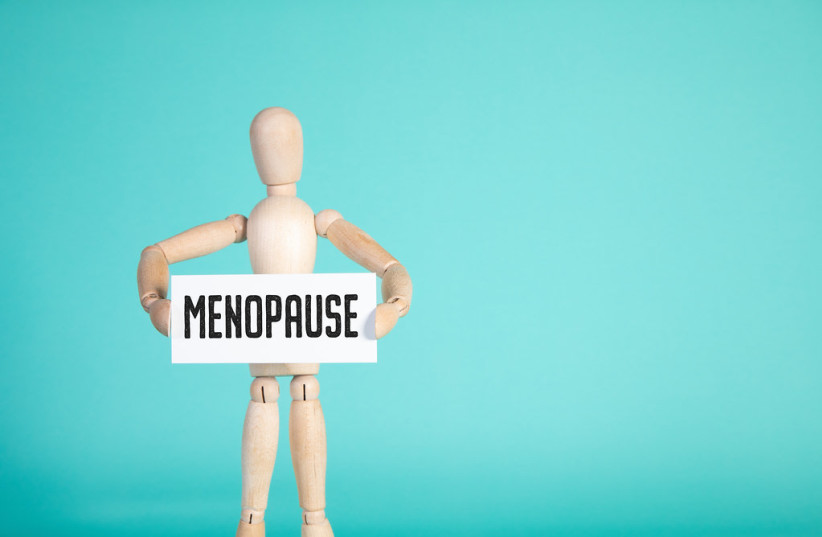A while back, when all the signs indicated that I was in full-blown menopause – the main one being my periods had stopped for seven months – I visited my family doctor to discuss my condition. I left with a prescription for what I assumed was hormone replacement therapy (HRT) – the answer to all my problems, I thought.
Only later did I realize that the prescription wasn’t for HRT; it was for another condition, as I learned when I went to the pharmacy to pick it up.
Somewhat confused, I sent a message to my doctor to find out what was going on. She said that she wanted me to see a menopause doctor before taking hormone replacements.
More hoops to jump through and more delays before I could start getting my life back. Nevertheless, I did as I was told and booked the first available appointment, three months away.
Although I wasn’t happy about having to wait, I constantly reminded myself that my problems paled into insignificance compared to some. And at least I no longer had to suffer the inconvenience and pain of menstruation.

Then, just when I began to reap the benefits of a period-free lifestyle, I started menstruating again. Like a bad joke. Not only that – my thinning hair and skin took on a life of their own, feeling both dry and greasy at the same time, while mood swings also started to get the better of me.
I joked with my husband that I was regressing into a greasy-haired, moody teenager.
And on the subject of moods, sometimes I don’t know if it’s the menopause, the war, or just my age, but right now, everything makes me anxious and stressed. If you Google “menopause symptoms,” what frequently comes out on top is “anxiety,” followed by “changes in mood.” So I really shouldn’t be surprised by this unfortunate development.
I DISCUSSED this with Dr. Joseph, the menopause doctor whom I eventually saw around a month ago. Having expected to see a middle-aged female doctor, I was a little surprised that an elderly gentleman was sitting behind the desk when I walked into the room.
At first, I was reluctant to launch into a discussion about my symptoms – periods, swollen breasts, mood swings, and so on.
Regardless, as I’d waited months for the appointment, I wasn’t going to waste the opportunity to get some advice – and drugs.
I decided to tell him everything and immediately launched into a monologue, listing the catalog of woes from which I’d been suffering for months.
When I paused, he asked me if I thought I might be depressed. “Probably,” I replied, “but then again, aren’t we all?”
With that, he raised an eyebrow and moved on to the subject of periods. I told him about how they’d been absent for months and then started again out of nowhere. He likened my ovaries to a battery at the end of its life. It could go for months without working, then spring back into life sporadically before dying altogether.
Great. So now I’m like an old, used-up battery.
Some good news
There was some good news, however. Although HRT wasn’t the answer, just yet, he gave me something to compensate for my ageing ovaries that would also help improve my other symptoms. Not HRT but something similar, given the fact that my periods have not yet stopped completely.
We discussed the risks of taking hormone replacements – breast cancer being the main one – and I was reassured by his advice. As I didn’t have a familial history, I’d be fine to take it, he said, with instructions to start the course on the first day of my next period.
I left the appointment feeling more positive than I had been in a long time. Help was at hand; all I had to do was wait for my next period and start taking the tablets.
Unfortunately, I’m still waiting.
Since the appointment, this old battery seems to have given up once and for all. Now I’ll have to wait another few months before I can see the doctor again to find out what’s next.
The writer is 54 years and six months young.
